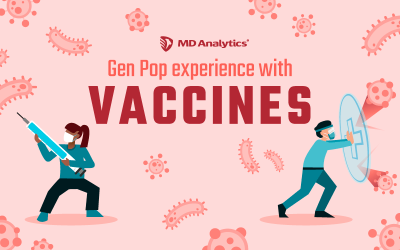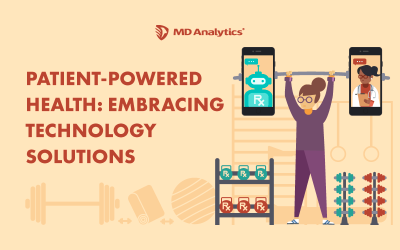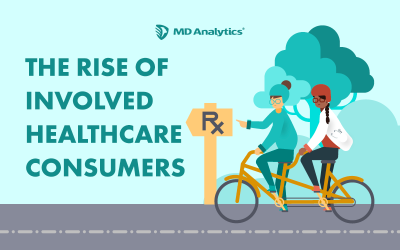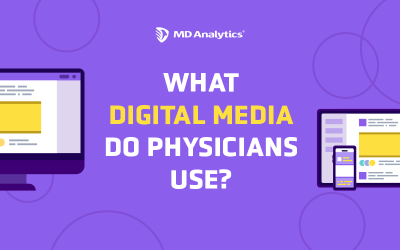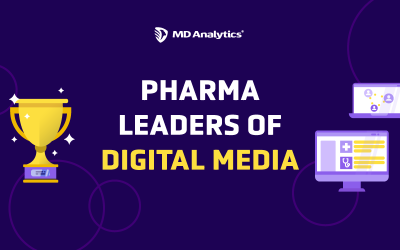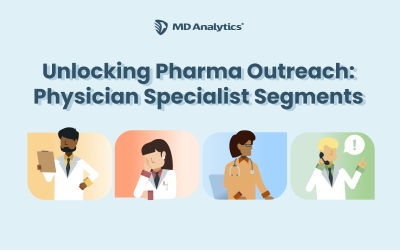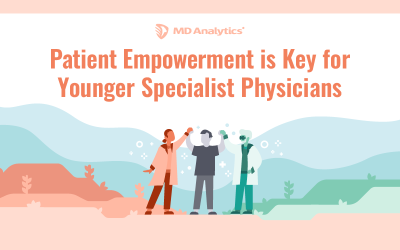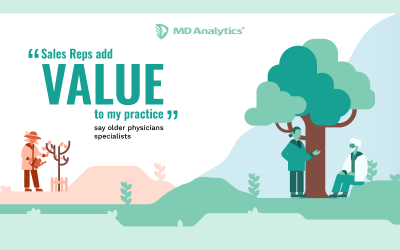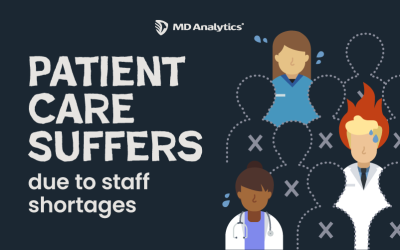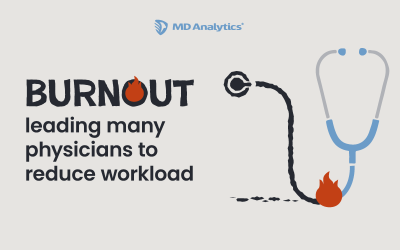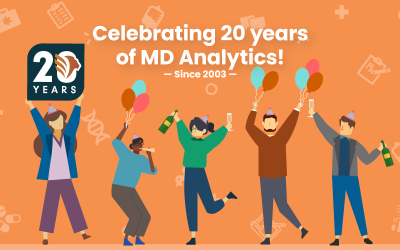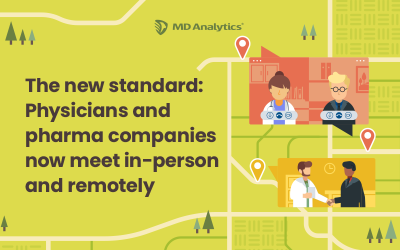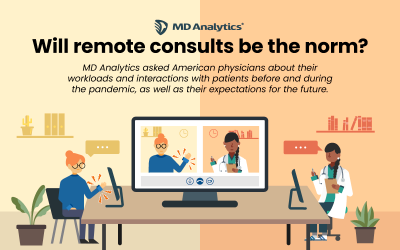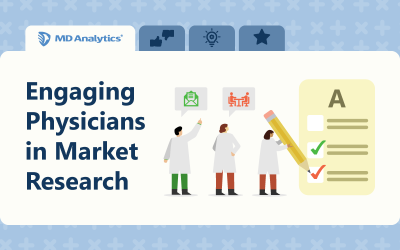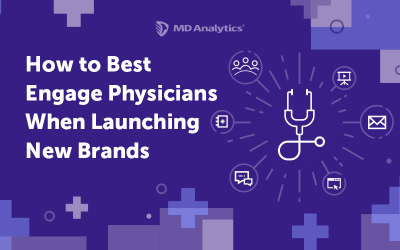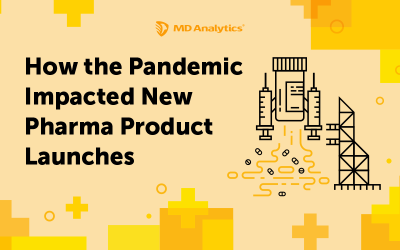Vaccines have been an almost inescapable topic across the media since COVID-19. Now, four years out from the start of the pandemic, we wanted to better understand vaccination rates and explore those that are most sought out by the general public.
This independent study explores American and Canadian experiences with vaccines. MD Analytics surveyed 1000 people in each country, and the results highlight high vaccination rates and the crucial role pharmacies play in providing access, especially for flu and COVID-19 vaccines.
View our latest infographic to discover findings on vaccination trends and the opportunities for increasing awareness and uptake of essential vaccines.
